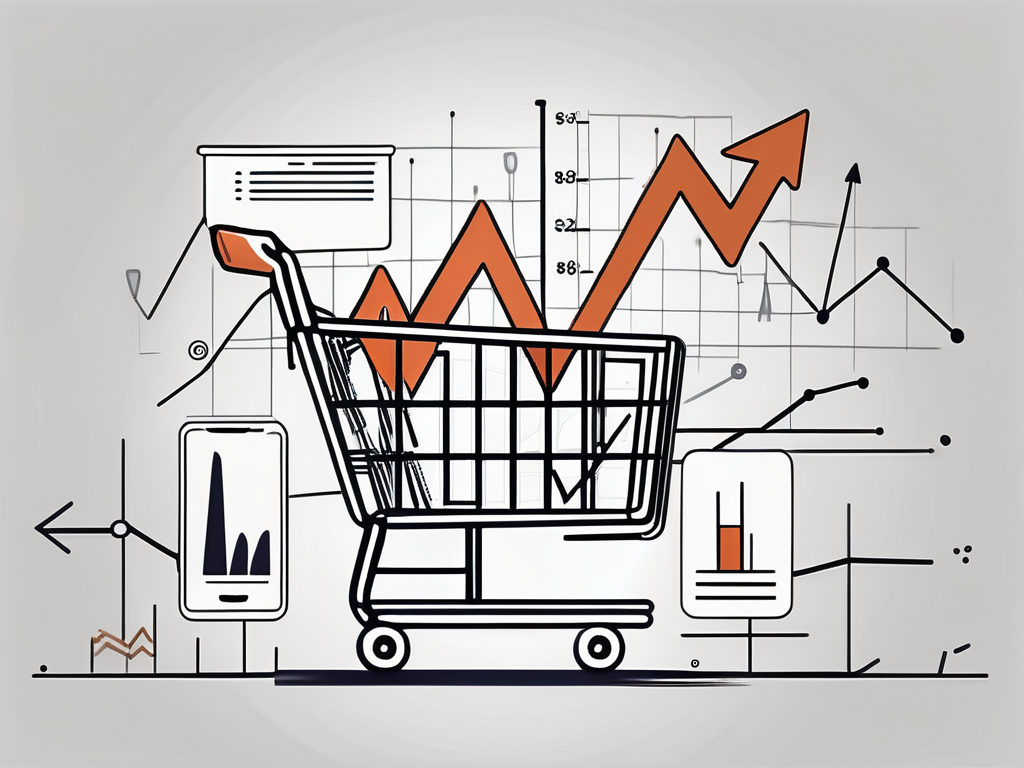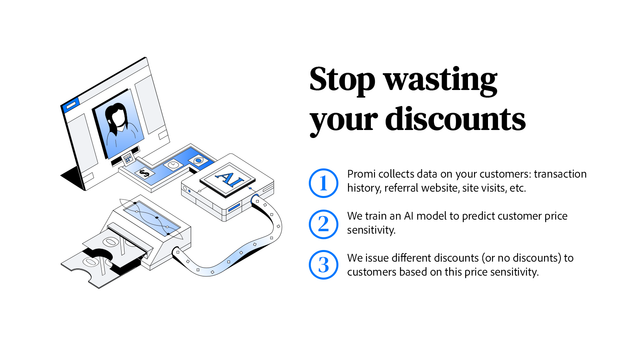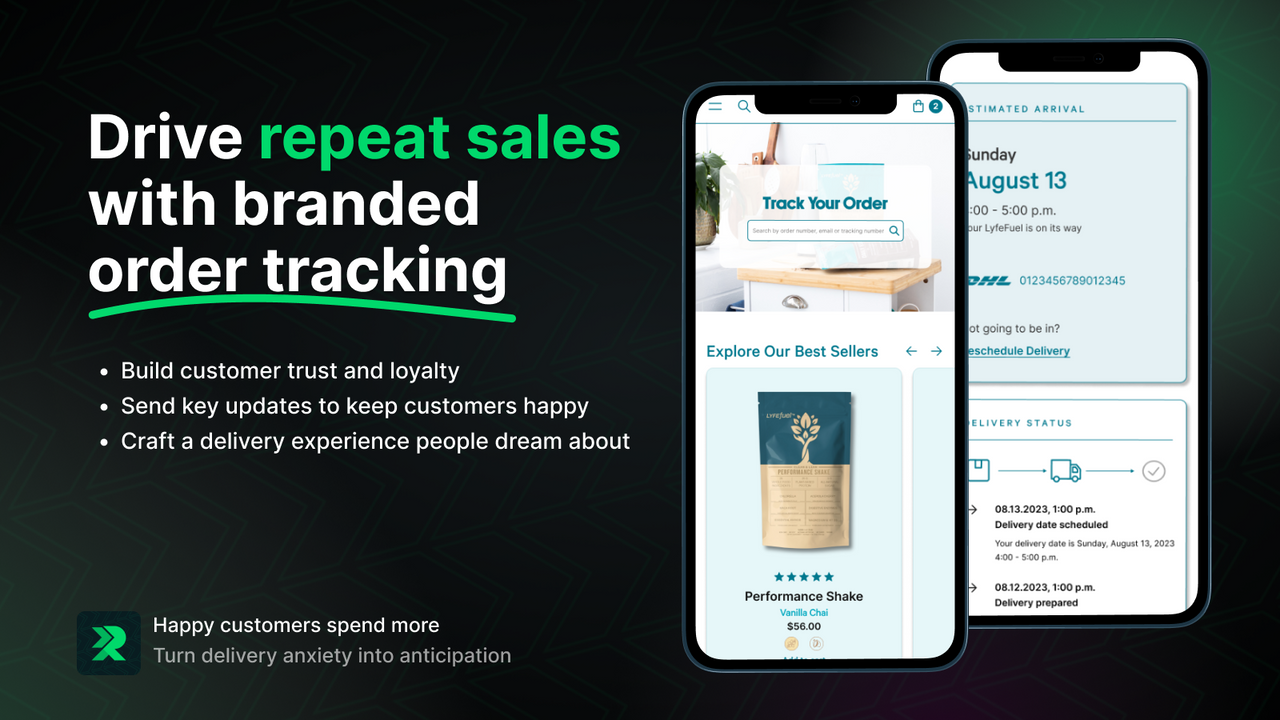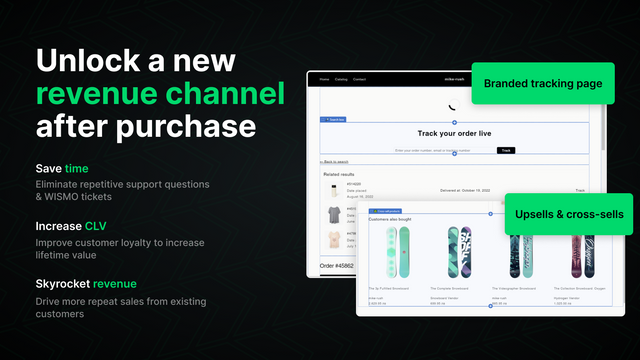In today's digital age, having a strong online presence is crucial for the success of any business. Whether you're a budding entrepreneur or a seasoned business owner, ecommerce sales can play a pivotal role in driving revenue and expanding your customer base. By understanding the basics of ecommerce sales and implementing proven strategies, you can take your online business to new heights. In this article, we will explore the key elements of a successful ecommerce business, as well as advanced techniques for boosting sales and effectively measuring your strategies.
Understanding the Basics of Ecommerce Sales
The Importance of Ecommerce in Today's Market
Ecommerce has revolutionized the way consumers shop. With the convenience of online shopping, more and more people are turning to their devices to make purchases. In fact, according to a study by Statista, global ecommerce sales are projected to reach a staggering 4.9 trillion dollars by 2021. This highlights the immense potential of ecommerce in today's market and the need for businesses to tap into this lucrative opportunity.
Key Elements of a Successful Ecommerce Business
Building a successful ecommerce business requires a strategic approach. To thrive in the competitive online marketplace, you need to focus on several key elements. First and foremost, having a user-friendly and visually appealing website is paramount. Your website should be optimized for mobile devices, as a growing number of consumers now prefer to shop on their smartphones or tablets.
Additionally, establishing a strong brand identity is crucial for attracting and retaining customers. Invest in creating compelling product descriptions and high-quality images to showcase your offerings. Offering competitive pricing, providing excellent customer service, and streamlining the checkout process are also essential factors to consider.
Furthermore, in the realm of ecommerce sales, it is vital to leverage social media platforms to reach a broader audience. Social media marketing can significantly impact your online presence and drive traffic to your ecommerce site. By engaging with customers through platforms like Instagram, Facebook, and Twitter, you can build brand awareness and foster customer loyalty.
Another key aspect to consider is the importance of search engine optimization (SEO) in boosting your ecommerce sales. By optimizing your website with relevant keywords, meta tags, and high-quality content, you can improve your search engine rankings and attract more organic traffic. Implementing an effective SEO strategy is essential for staying competitive in the digital landscape.
Proven Strategies to Increase Your Ecommerce Sales
Optimizing Your Ecommerce Website for Sales
Your website is the digital storefront of your business, and optimizing it for sales is vital. Start by ensuring that your website loads quickly, as slow loading times can lead to high bounce rates. A study by Google found that 53% of mobile users abandon a website if it takes longer than three seconds to load. To improve loading times, consider compressing images, minimizing the use of plugins, and optimizing your code. Additionally, create clear and compelling calls-to-action, such as "Buy Now" or "Add to Cart" buttons, to encourage visitors to make a purchase. Implementing user-friendly navigation and search functions will also enhance the overall shopping experience, making it easier for customers to find what they're looking for.
Leveraging Social Media for Ecommerce Success
Social media platforms offer incredible opportunities for ecommerce businesses to reach and engage with their target audience. Establish a presence on platforms like Facebook, Instagram, and Twitter, and regularly share compelling content that highlights your products or services. But don't stop there! Take advantage of the various features these platforms offer to maximize your reach. For example, on Instagram, you can utilize Stories and IGTV to showcase behind-the-scenes footage, product demonstrations, or customer testimonials. Encourage user-generated content, such as customer reviews and testimonials, to build trust and social proof. Consider running targeted advertisements to reach a wider audience and drive website traffic. Facebook, for instance, allows you to create custom audiences based on specific demographics, interests, and behaviors, ensuring that your ads are seen by the right people at the right time.
Implementing Effective Email Marketing Campaigns
Email marketing remains one of the most effective ways to nurture leads and drive sales. Build an email list of subscribers who have shown an interest in your products or services. Offer incentives, such as exclusive discounts or freebies, in exchange for their email addresses. Once you have a solid subscriber base, send personalized and relevant emails that provide value to your audience. For example, if you run a fashion ecommerce store, you could send styling tips and outfit ideas based on the products they've purchased. Remember to optimize your emails for mobile devices, as more than half of all emails are opened on mobile devices. This means using responsive design and keeping your content concise and scannable. Lastly, track key metrics, such as open rates and click-through rates, to measure the success of your campaigns. This data will help you refine your email marketing strategy and deliver even better results.
Advanced Techniques for Boosting Ecommerce Sales
Using Data Analytics to Drive Ecommerce Growth
Data analytics provides invaluable insights into customer behavior, preferences, and shopping patterns. By leveraging analytics tools, such as Google Analytics, you can gain a deeper understanding of your audience and tailor your strategies accordingly. Analyze metrics like conversion rates, average order value, and customer lifetime value to identify areas for improvement and optimize your marketing and sales efforts.
For example, let's say you notice a high bounce rate on certain product pages. By diving into the data, you might discover that the product descriptions are unclear or the images are not captivating enough. Armed with this information, you can make the necessary adjustments to enhance the user experience and increase conversions.
The Role of Customer Service in Ecommerce Sales
Providing exceptional customer service is paramount in the ecommerce industry. Utilize live chat features on your website to offer real-time assistance to shoppers. Respond promptly to customer inquiries and address any concerns or issues promptly. Implement a hassle-free returns and exchange policy to instill confidence in potential buyers. By prioritizing customer satisfaction, you can foster loyalty and generate repeat business.
Imagine a scenario where a customer encounters an issue with a recent purchase. Instead of leaving a negative review or abandoning their shopping cart, they reach out to your customer service team through the live chat feature. Your team responds promptly, resolves the issue, and even offers a small discount as a gesture of goodwill. This exceptional customer service not only salvages the sale but also leaves a positive impression, increasing the likelihood of future purchases.
Harnessing the Power of SEO for Ecommerce
Search Engine Optimization (SEO) plays a crucial role in driving organic traffic to your ecommerce website. Conduct keyword research to identify relevant terms and phrases that your target audience is searching for. Optimize your website's meta tags, URLs, and content with these keywords to improve your visibility in search engine results. Additionally, invest in link building strategies and create valuable, informative content that attracts backlinks from reputable websites.
Let's say you run an online store selling organic skincare products. Through keyword research, you discover that many potential customers are searching for "natural skincare routine" and "best organic moisturizers." By incorporating these keywords strategically into your website's content and optimizing your product descriptions, you can increase your chances of appearing higher in search engine rankings. This, in turn, drives more organic traffic to your site and boosts your ecommerce sales.
Measuring the Success of Your Ecommerce Strategies
Key Performance Indicators for Ecommerce
While implementing various strategies is essential, measuring their effectiveness is equally crucial. Key Performance Indicators (KPIs) provide quantifiable metrics that help you evaluate the success of your ecommerce efforts. Some important KPIs to track include conversion rate, average order value, customer acquisition cost, and customer retention rate. Regularly monitoring these metrics will enable you to identify trends and areas for improvement.
But how do you determine if your conversion rate is on par with industry standards? What is considered a good average order value? These questions can be answered by benchmarking your KPIs against industry averages. By comparing your performance to that of your competitors, you can gain valuable insights into your strengths and weaknesses. This information will empower you to make data-driven decisions and optimize your strategies accordingly.
Regularly Reviewing and Adjusting Your Ecommerce Strategies
Ecommerce is an ever-evolving industry, and staying ahead of the curve is essential for continued success. Regularly reviewing your ecommerce strategies is not just about analyzing data; it's about staying in tune with your customers and their changing needs. By conducting customer surveys, focus groups, and market research, you can gain a deeper understanding of your target audience and their preferences.
Moreover, keeping an eye on industry trends is crucial. The ecommerce landscape is constantly evolving, with new technologies and consumer behaviors emerging regularly. By staying up-to-date with the latest trends, you can identify opportunities for innovation and ensure your online store remains competitive. Whether it's adopting augmented reality for a more immersive shopping experience or integrating voice search for seamless navigation, embracing emerging technologies can give you a significant edge over your competitors.
The Impact of Customer Feedback on Ecommerce Sales
Customer feedback is a valuable resource that can help you refine your products, services, and overall shopping experience. Encourage customers to leave reviews and ratings on your website and other platforms. But don't just stop at collecting feedback; take the time to analyze and act upon it.
By actively listening to your customers, you can identify pain points and areas for improvement. For example, if customers consistently complain about slow shipping times, you can explore options to expedite your delivery process. On the other hand, positive feedback can highlight your strengths and unique selling points, allowing you to double down on those aspects and differentiate yourself from competitors.
Remember, customer feedback is not just about making changes; it's also about building relationships. Responding to both positive and negative feedback shows that you value your customers' opinions and are committed to their satisfaction. This level of engagement can foster loyalty and encourage repeat purchases, ultimately driving your ecommerce sales.
In conclusion, boosting your ecommerce sales requires a combination of understanding the basics, implementing proven strategies, and continuously measuring and adjusting your efforts. By optimizing your website, leveraging social media, utilizing email marketing, harnessing data analytics, providing excellent customer service, utilizing SEO techniques, benchmarking against industry standards, staying ahead of trends, and leveraging customer feedback, you can drive sales and take your ecommerce business to new heights. Embrace these strategies and watch your online sales soar!
Ready to elevate your Shopify store with the strategies you've just learned? Let Owlfred, your wise companion from OwlMix, guide you to the perfect tools for success. Discover innovative and effective Shopify apps tailored to your business needs in our comprehensive directory. Whether you're looking to enhance customer service, optimize marketing, or streamline your operations, OwlMix has you covered. Don't miss out on the opportunity to boost your ecommerce sales. Find your next Shopify app today and watch your online business thrive!

















